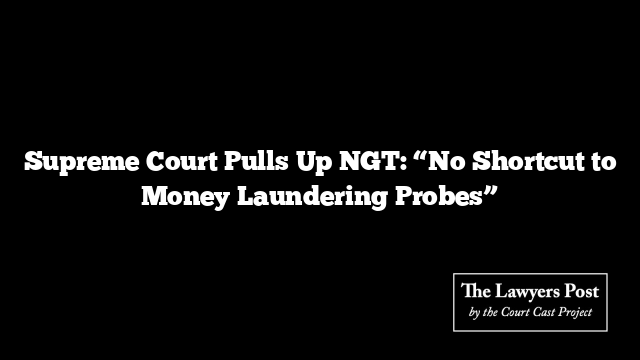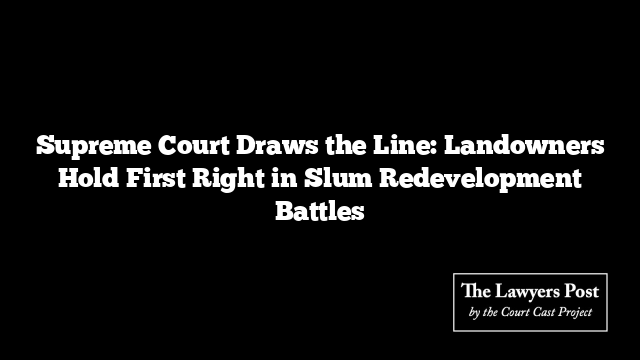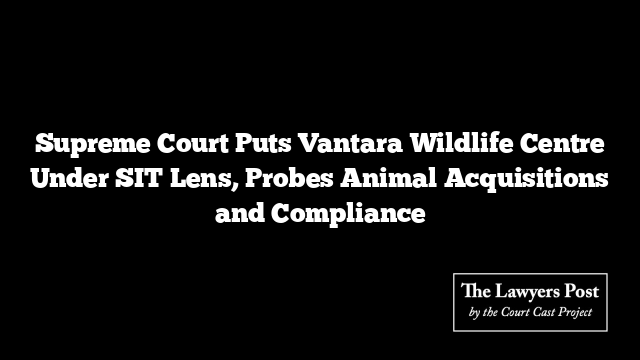The Supreme Court has drawn a sharp line between environmental oversight and financial crime investigation, ruling that the National Green Tribunal (NGT) cannot play gatekeeper to money laundering probes.
A bench led by Chief Justice BR Gavai, with Justice K Vinod Chandran, struck down the NGT’s order directing the Enforcement Directorate (ED) to investigate a company under the Prevention of Money Laundering Act (PMLA). The Court reminded the tribunal that while its job is to protect forests, rivers, and public health, it cannot step into the territory of the ED without a scheduled offence at its base.
Citing its ruling in Waris Chemicals (P) Ltd (2025), the Court stressed that PMLA proceedings hinge on property gained from a scheduled offence. With no FIR, no charge sheet, and no complaint tied to such an offence, the foundation for invoking PMLA simply did not exist.
“The NGT must remain within the boundaries of Section 15 of the NGT Act, 2010,” Justice Chandran wrote. “The authority was designed to ensure speedy adjudication in matters of environmental protection—not to act as a parallel criminal court.”
Environmental Penalties: Not a “Pound of Flesh”
The Court also dismantled another NGT approach—pegging penalties to a polluter’s turnover. Referring to its earlier decision in Benzo Chem Industrial (P) Ltd, it warned that financial muscle cannot be the yardstick for fines.
“Rule of law does not permit the State or its agencies to extract a pound of flesh,” the judgment declared. “Revenue or profit has no nexus with the measure of environmental damage.”
In the case before it, the NGT had slapped a ₹50 crore penalty on an industry accused of groundwater exploitation and pollution of Ganga tributaries, basing the figure largely on a turnover of ₹550 crore. The Supreme Court found this approach legally unsound.
Closure Orders Set Aside, Monitoring Still on the Table
The NGT had also ordered closure of several units of the appellant. The Supreme Court, while acknowledging the tribunal’s power to sanction polluters, found the blanket closure unwarranted when compliance reports were already on record.
It clarified that statutory authorities like the Pollution Control Boards retain every right to issue closure notices in case of ongoing violations, but the sweeping directions of the NGT had gone beyond what the law permitted.
In short, the ruling clipped the NGT’s overreach, reminding it that while environmental guardianship is vital, it cannot transform itself into a financial crime watchdog.





